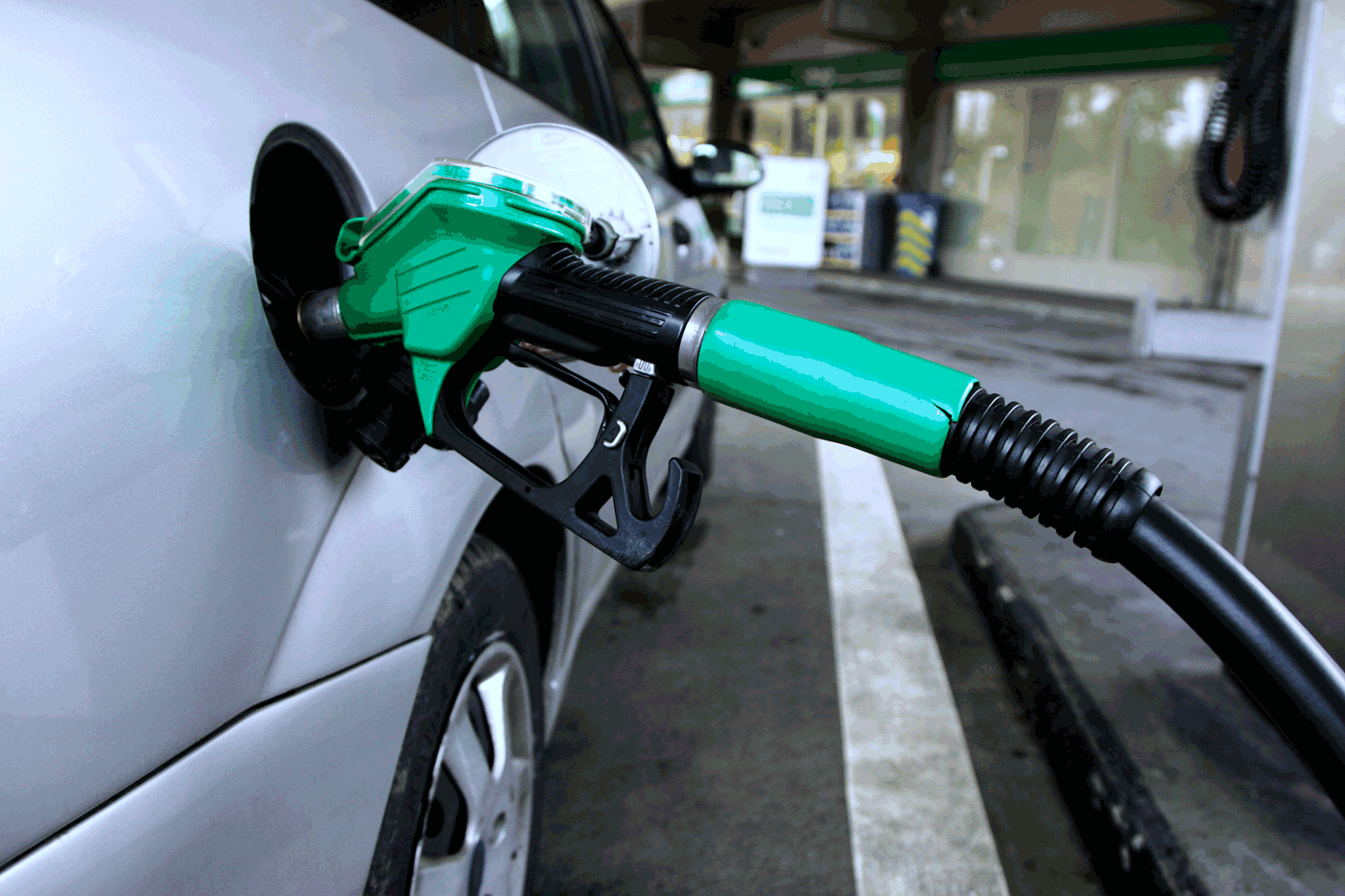The price of Premium Motor Spirit (PMS), commonly known as petrol, may be on a downward trajectory as crude oil prices experience a significant drop, coupled with the sustained stability of the naira against the dollar in the foreign exchange market.
Reports from National Daily indicate that oil prices fell by approximately two percent this week, reaching a 12-week low.
This decline comes on the heels of the Organization of the Petroleum Exporting Countries and its allies (OPEC+) confirming their decision to proceed with a planned oil output increase in April.
Brent crude futures fell by $1.19, or 1.6 percent, to settle at $71.62 per barrel, while the United States West Texas Intermediate (WTI) crude dropped by $1.39, or two percent, closing at $68.37 per barrel.
According to Reuters, these figures represent the lowest closing prices for Brent since December 6 and for WTI since December 9.
The decision by OPEC+ to continue with its scheduled production increase has played a significant role in the decline of crude oil prices.
Industry experts in Nigeria’s downstream oil sector have reiterated that the cost of refined petroleum products is primarily influenced by crude oil prices and exchange rates.
This development has already triggered some downward adjustments in local fuel pricing. Last week, the Dangote Refinery reduced its ex-depot petrol price from N890 per litre to N825 per litre.
In response, the Nigerian National Petroleum Company Limited (NNPC) swiftly followed suit, matching Dangote’s price. This move has sparked what many market analysts describe as a “price war” among major suppliers.
READ ALSO: Dangote Refinery pledges N16bn refund to oil marketers following petrol price slash
Economic expert Paul Alaje believes the reduction in petrol prices is sustainable, suggesting that the cost of petrol could drop further, potentially going below N700 per litre given current market conditions.
He warned, however, that any major global crisis affecting crude oil prices could reverse this trend.
“It is sustainable to reduce petrol prices to N700 based on today’s reality of the exchange rate,” Alaje said in an interview with Channels Television.
“The challenge we may have is a global crisis that makes the price of crude oil go up. If that happens, we are going to see the difference. But for now, we are seeing relative stability.”
He further noted, “As of today, our computation reveals that PMS should be priced around N795 to N820 per litre.”
Meanwhile, the National President of the Petroleum Products Retail Outlet Owners Association of Nigeria (PETROAN), Billy Gillis-Harry, has asserted that petrol prices will continue to fluctuate in response to foreign exchange rates and international crude oil prices.
While falling crude oil prices may provide some relief for Nigerian consumers, the current rates remain below the $74 per barrel benchmark projected by the Federal Government in the 2025 budget.
Analysts caution that further shifts in global oil supply and demand dynamics will play a crucial role in determining the trajectory of local fuel prices in the coming months.

 Entertainment6 days ago
Entertainment6 days ago
 Health1 week ago
Health1 week ago
 Health4 days ago
Health4 days ago
 Football1 week ago
Football1 week ago
 Football1 week ago
Football1 week ago
 Crime4 days ago
Crime4 days ago
 Education6 days ago
Education6 days ago
 Crime1 week ago
Crime1 week ago

